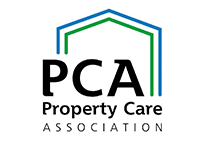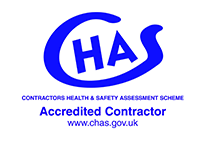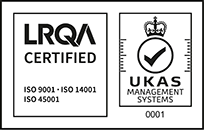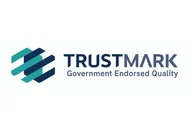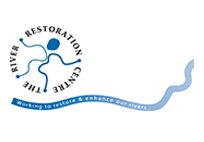Call us free on 0808 168 9540
Call us free on 0808 168 9540

If you are trying to purchase or sell a property that is affected by Japanese Knotweed, our experts can help you.
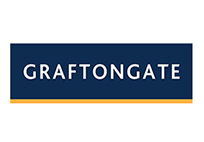
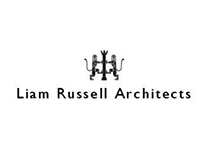
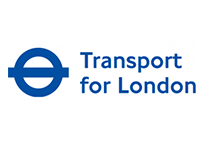


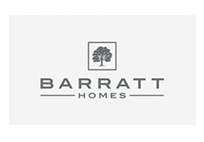
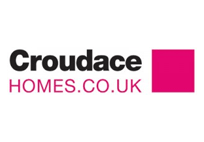

Refusal of mortgages by banks and building societies on grounds of the presence of Japanese knotweed has been a major problem for many home buyers.
Working with the Royal Institution of Chartered Surveyors (RICS) and the Property Care Association (PCA), a new trade body, the Invasive Weed Control Group (IWCG) was formed, and Phlorum as its founding member, has been instrumental in addressing the problems faced by home-owners and buyers.
The establishment of the PCA IWCG trade body requires lenders to recognise properly qualified and externally audited professionals who could apply best practice measures to treat Japanese knotweed on affected properties.
Through the RICS guidance and the IWCG trade body, surveyors and mortgage lenders now have a formal system in place to help them determine the risks associated with Japanese knotweed growing on or near a property, as well as quantify the risk caused by Japanese knotweed thus preventing mortgage refusal on these grounds.
The first edition of the RICS guidance, which was published in 2012, included Japanese knotweed risk categories, informed by earlier work by the Cornwall Knotweed Forum. These categories are reproduced in the table below. However, they have since been replaced in updated guidance from the RICS, which replaces the risk categories with management categories – the aim being to show that knotweed on a property is not an insurmountable risk and that it can in most situations be effectively managed.
| Category | Descriptors |
|---|---|
| 4 | Japanese Knotweed is within 7 metres of a habitable space, conservatory and/or garage, either within the boundaries of this property or in a neighbouring property or space; and/or Japanese Knotweed is causing serious damage to outbuildings, associated structures, drains, paths, boundary walls and fences and so on. Further investigations by an appropriately qualified and/or experienced person are required. |
| 3 | Although Japanese knotweed is present within the boundaries of the property, it is more than 7 metres from a habitable space, conservatory and/or garage. If there is damage to outbuildings, associated structures, paths and boundary walls and fences, it is minor. Further investigations by an appropriately qualified and/or experienced person are required. |
| 2 | Japanese knotweed was not seen within the boundaries of this property but it was seen on a neighbouring property or land. Here, it was within 7 metres of the boundary, but more than 7 metres away from habitable spaces, conservatory and/or garage of the subject property. |
| 1 | Japanese knotweed was not seen on this property, but it can be seen on a neighbouring property or land where it was more than 7 metres away from the boundary. |
Where the risk, or management, category states that further investigations should be undertaken by an appropriately qualified person, the RICS guidance recommends that this should be an approved member of the PCA IWCG trade body. Membership of this body should satisfy the lender that the Japanese knotweed issue is being dealt with professionally.
If need be, the lender may require the cost of any knotweed treatment works to be taken off the value of the property affected. In such cases, Phlorum can arrange for the treatment costs to be fully secured and protected as a bonded payment into a UK Government escrow account, through Transpact.
Other warranties and insurance packages can also be provided depending on the requirements of each project.

Dr Paul Beckett is one of the UK’s leading experts in Japanese knotweed and is a member of the Expert Witness Institute. He regularly provides Japanese knotweed expert witness services. He helped produce the RICS knotweed guidance for surveyors and was integral in the formation of the Property Care Association (PCA) Invasive Weed Control Group (IWCG).



